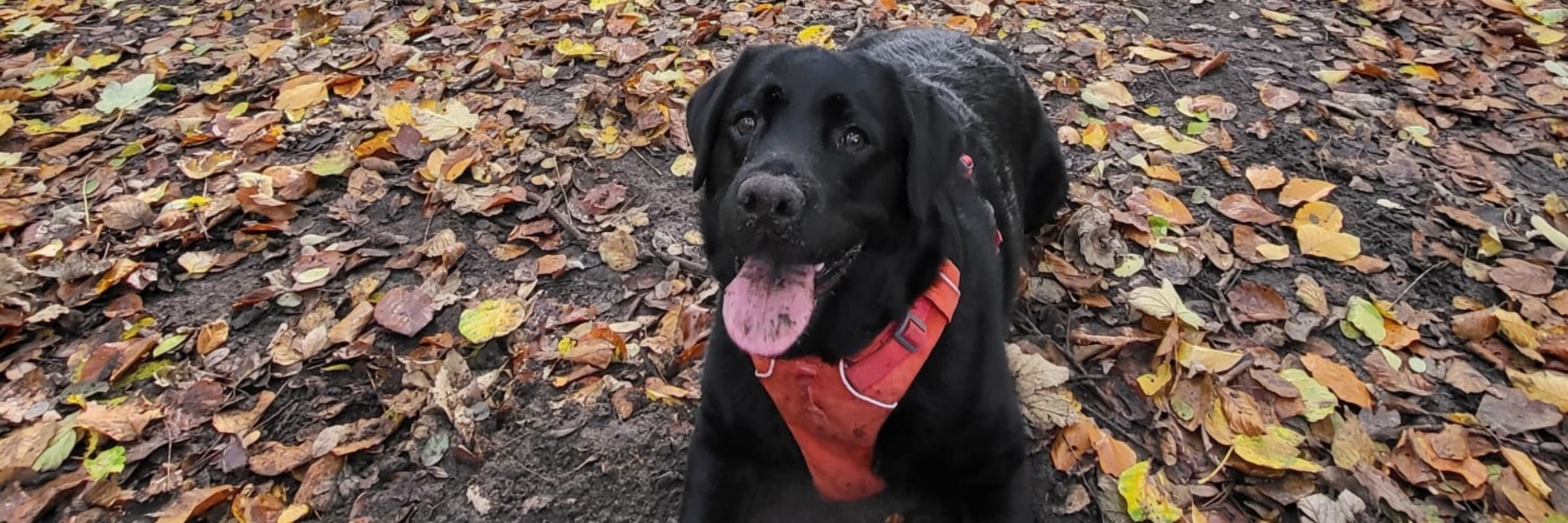Gabi de Bruïne
@gabidb.bsky.social
170 followers
230 following
11 posts
PhD candidate researching eyewitness memory and credibility assessments in cross-cultural contexts @amslablegpsy.bsky.social | @vucriminologie.bsky.social | Mum of a beautiful rainbow baby 🌈 and fur baby 🐕🖤
Posts
Media
Videos
Starter Packs
Pinned
Gabi de Bruïne
@gabidb.bsky.social
· May 16

The way we remember and report: an experiment testing cultural differences in eyewitness memory
More and more people report their memories in cross-cultural contexts, including eyewitness interviews. In a pre-registered experiment (N = 64), we examined cultural differences in mock eyewitness ...
doi.org
Reposted by Gabi de Bruïne
Reposted by Gabi de Bruïne
Reposted by Gabi de Bruïne
Gabi de Bruïne
@gabidb.bsky.social
· May 16
Gabi de Bruïne
@gabidb.bsky.social
· May 16

The way we remember and report: an experiment testing cultural differences in eyewitness memory
More and more people report their memories in cross-cultural contexts, including eyewitness interviews. In a pre-registered experiment (N = 64), we examined cultural differences in mock eyewitness ...
doi.org
Gabi de Bruïne
@gabidb.bsky.social
· May 16
Gabi de Bruïne
@gabidb.bsky.social
· May 16
Gabi de Bruïne
@gabidb.bsky.social
· May 16
Gabi de Bruïne
@gabidb.bsky.social
· May 16
Gabi de Bruïne
@gabidb.bsky.social
· May 16
Gabi de Bruïne
@gabidb.bsky.social
· May 16
Gabi de Bruïne
@gabidb.bsky.social
· May 16

The way we remember and report: an experiment testing cultural differences in eyewitness memory
More and more people report their memories in cross-cultural contexts, including eyewitness interviews. In a pre-registered experiment (N = 64), we examined cultural differences in mock eyewitness ...
doi.org
Gabi de Bruïne
@gabidb.bsky.social
· May 12
Reposted by Gabi de Bruïne
Amy de Bruïne
@amydeb.bsky.social
· Dec 18

The Interactive Effects of Surprise and Plausibility on Memory | Request PDF
Request PDF | The Interactive Effects of Surprise and Plausibility on Memory | It has been demonstrated that surprising information often leads to better recall. Yet, this might not apply to informati...
www.researchgate.net







